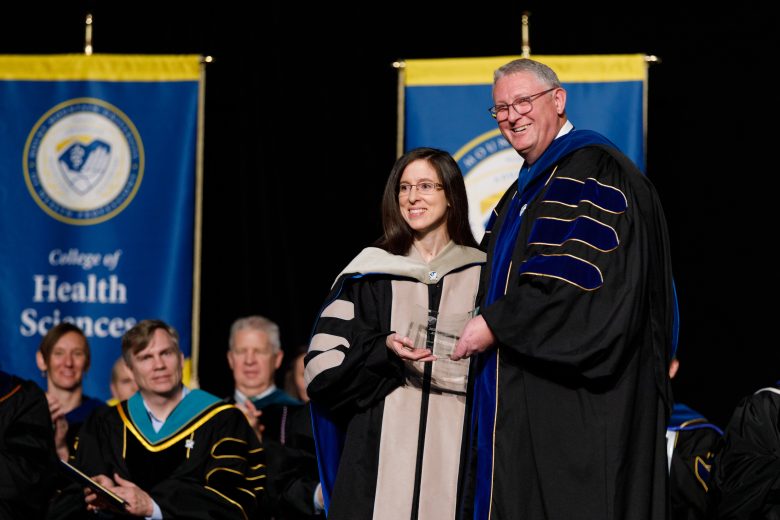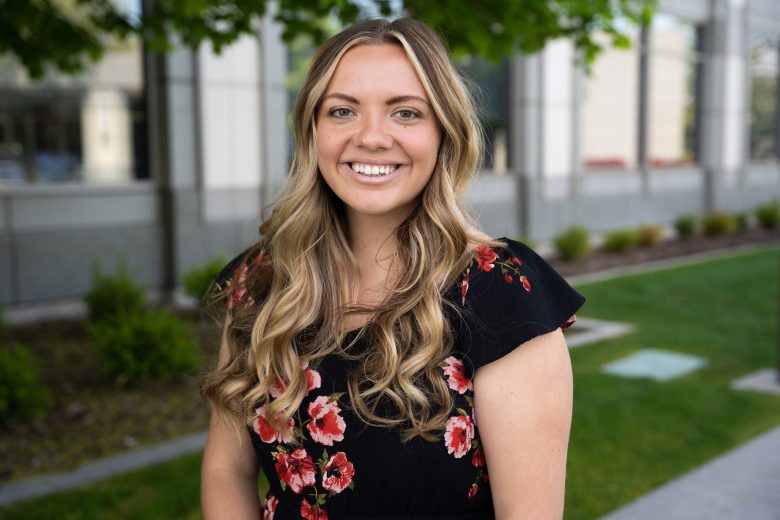Given the vast populations and settings that are serviced by speech-language pathologists (SLP), I can say with certainty that professionals in this field are all being impacted by COVID-19 in various ways.
As a professor, I am acclimating to teaching my in-person graduate-level courses to an online platform and learning to be flexible regarding keeping up with my students outside of office hours and on-campus time. As an SLP, I have begun to transition to telehealth to serve as many of my clients as possible during this time.
Supporting SLP Patient Progress During COVID-19
I encourage all clinicians to remain in contact with their patients during this time even if they are unable to directly treat them. It is within the scope of practice for SLPs to provide patient and family counseling regarding their diagnosis and ongoing treatment, and with the current state of our country, the counseling aspect is as important as ever. When possible, clinicians should be educating their patients on what they can do independently to ensure that the gains made in therapy do not significantly regress.
Carry-over and maintenance work is imperative in order for patients to not regress. Work outside of the therapy space is always important as SLPs typically only service patients once or twice a week. But now when there are those who are unable to receive any services at this time, work outside of therapy is especially important. Maintaining ongoing communication between patients and their therapists is the key to continuing to make progress and not experience extensive regressions.
Families can best support their loved ones by encouraging them in communication, including them in as many familial activities as possible, and carrying over the techniques and skills taught during therapy.
SLP Teletherapy Options During COVID-19
Telehealth is a wonderful option in many cases but does not replace in-face therapy for all patient populations. I have had the most success using an online platform when working with older school-aged children, adolescents, and adults with various diagnoses including expressive and receptive language delays, articulation, cognitive dysfunction, and fluency disorders.
Through personal experience, I have found that working with younger children (early intervention age), older adults, and feeding/swallowing cases benefit more from in-person therapy. Providing teletherapy support for these groups may require additional resources.
COVID-19 Impact on Families and Healthcare
It is difficult to plan for everything but this experience has helped prepare us to be as ready to adapt if something similar were to happen in the future. Given that many healthcare professionals have begun to work through online platforms, we may see that becoming increasingly popular and more readily used, even though in-person therapy may remain the ideal modality.
This is a difficult time for everyone, including SLPs. Diseases do not discriminate and at the end of the day, one’s health and family always come first.
Author: Michaela Medved, MA, TSSLD, CCC-SLP, ClinScD
Dr. Michaela Medved is a graduate of Rocky Mountain University of Health Professions’ Doctor of Speech-Language Pathology program, a speech-language pathologist, and a clinical assistant professor at Yeshiva University in New York.



